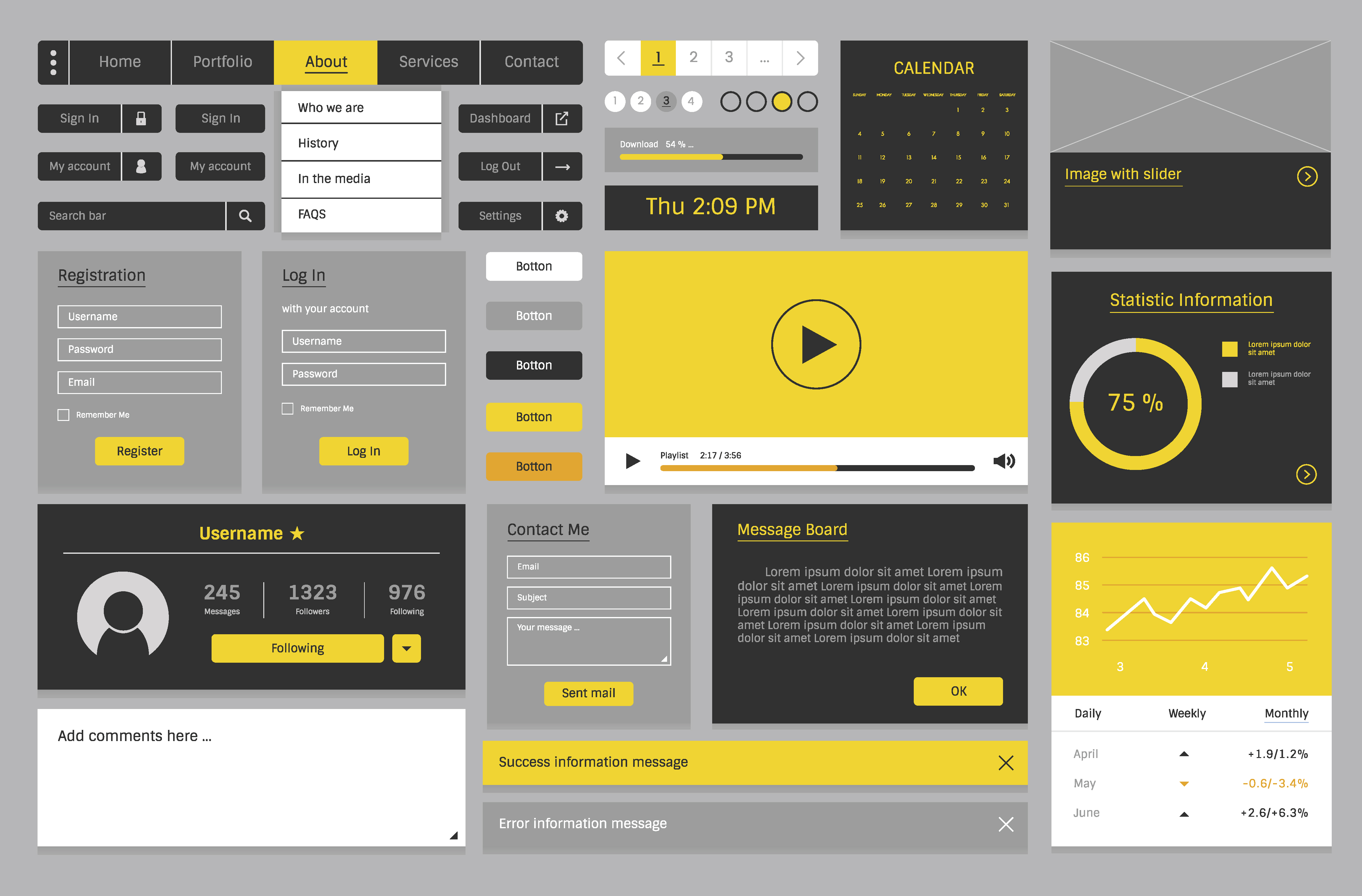Learning the Fundamentals: Website Design Principles for Beginners
In the current digital landscape, possessing a well-designed website is crucial for any business seeking to make an impact. Regardless of whether you're a small startup or an established company, your website often serves as the first point of contact between you and prospective customers. This makes selecting the right website designer a critical decision that can influence your brand identity, user experience, and in the end, your bottom line.
Grasping the basic principles of web design can help newcomers find their way through this intricate field with confidence. From assessing a designer's portfolio to exploring the most recent web design trends, mastering the basics equips you with the knowledge needed to make informed choices. This article will walk you through key considerations like user experience, mobile responsiveness, and SEO-friendly design, ensuring you can hire a professional who not only meets your needs but boosts your brand in the digital space.
Selecting the Best Website Designer
Opting for the best website developer for your company is a crucial first step in establishing a successful digital presence. Start by determining your unique needs, such as the style of website you desire, its capabilities, and your intended audience. This will assist you communicate clearly with possible designers and ensure they comprehend your concept. Research various designers to see their samples, which can give you understanding into their aesthetic and capabilities. Look for someone whose past work resonates with your brand aesthetics and operational requirements.
When assessing prospective candidates, consider the key qualities of a skilled website designer. Look for strong communication skills, availability, and a demonstrated track reputation of fulfilling deadlines. A reliable designer should not only have technological expertise but also an understanding of user experience. Make sure they focus on mobile responsiveness and are knowledgeable about SEO strategies, as these are necessary for a website's presence and performance. Additionally, assess whether they have a design concept that matches with your brand image, as this will influence the end product.
Finally, be alert to cautionary indicators during the selection process. Be careful of designers who make overly ambitious promises, neglect to provide client reviews, or have no online presence personally. A reliable designer will promote collaboration, be transparent about their design methodology, and offer ongoing support after the project completion. Trust your gut feelings and ensure that any designer you hire is someone you are confident working with, as this collaboration will be key to your website's effectiveness.
Key Attributes of a Expert Designer
A experienced website designer should exhibit a strong understanding of design principles and the user journey. They should be well-versed in the value of creating attractive layouts that not only capture attention but also guide users effortlessly through the page. Knowledge of visual elements such as color usage, typography, and white space is crucial for designing effective and attractive websites.
Effective communication are an important quality in a website designer. They have to be able to comprehend your objectives and vision while transforming that into a practical design. A good designer listens to client feedback, participates in discussions about design choices, and provides transparent explanations of their methods. This collaboration ensures that the final product meets your requirements and aligns with your brand identity.
Lastly, a professional website designer must be adaptable and receptive to growth. The web design landscape is constantly advancing, with new tools, frameworks, and trends arising often. A designer who stays up to date with current design practices and emerging technologies can provide fresh solutions and keep your website relevant in the dynamic digital market.
Warnings When Choosing a Web Designer
When searching for a web designer, some red flags can signal that they may not be the best choice for your business. One significant warning sign is a lack of a professional portfolio. If https://davidbille34.livejournal.com/profile cannot provide previous work or examples of their work, it indicates they may not have the necessary skills or abilities to deliver a quality website. A well-rounded portfolio should exhibit a variety of designs and illustrate their ability to cater to different industries and styles.

Another troubling sign is poor communication. If a designer is unresponsive to your inquiries or does not take the time to grasp your objectives during initial meetings, it can lead to issues and frustration down the line. Effective communication is critical in ensuring that the designer aligns with your vision and can effectively convert your ideas into a usable website. Trust your instincts; if their communication style feels off, it might be wise to keep looking.
Lastly, be cautious of designers who promise results that appear too good to be true. Guarantees of high rankings on search engines in a short duration, or overly aggressive pricing, can indicate a lack of transparency or expertise. Quality web design takes time and effort, and practical timelines and budgets are key for achieving optimal results. Always ensure go to this site hiring a designer who is honest about what you can look forward to.